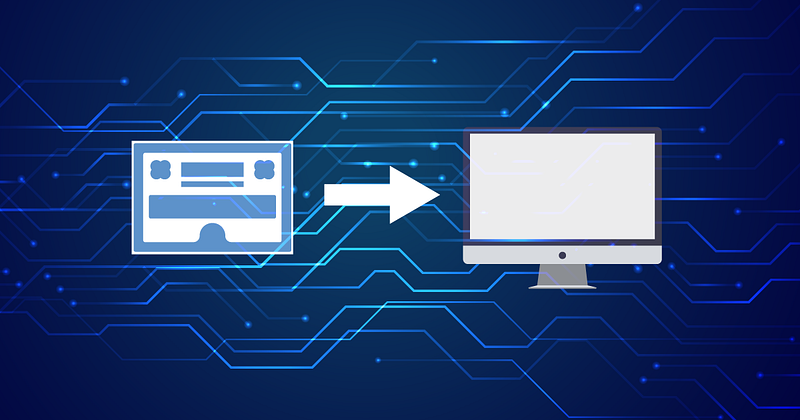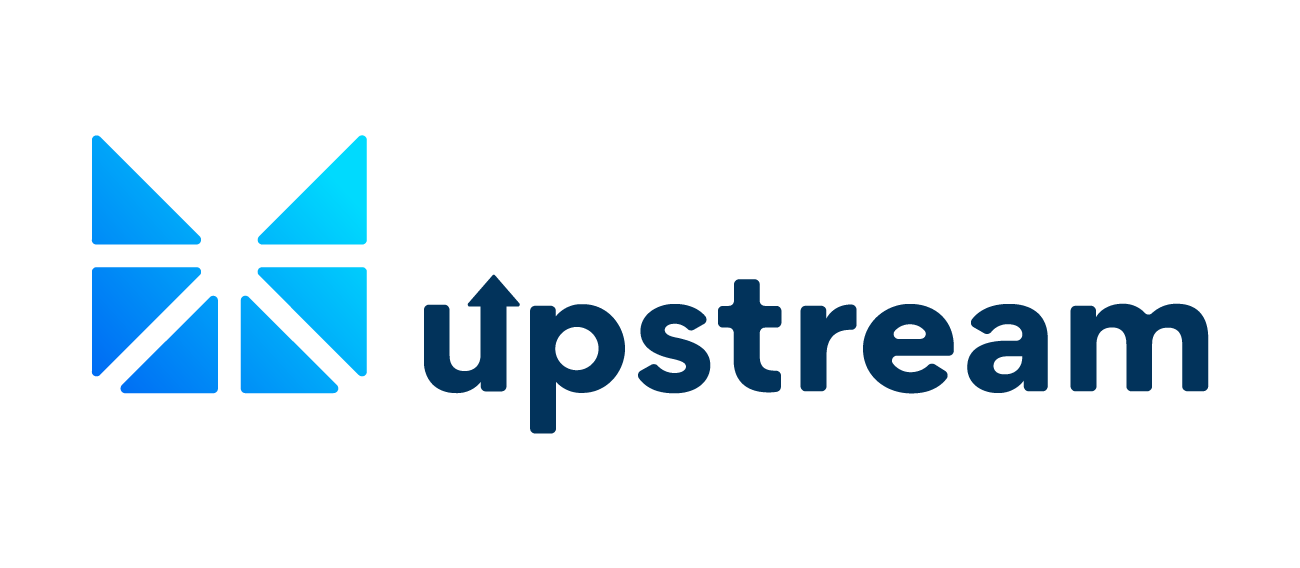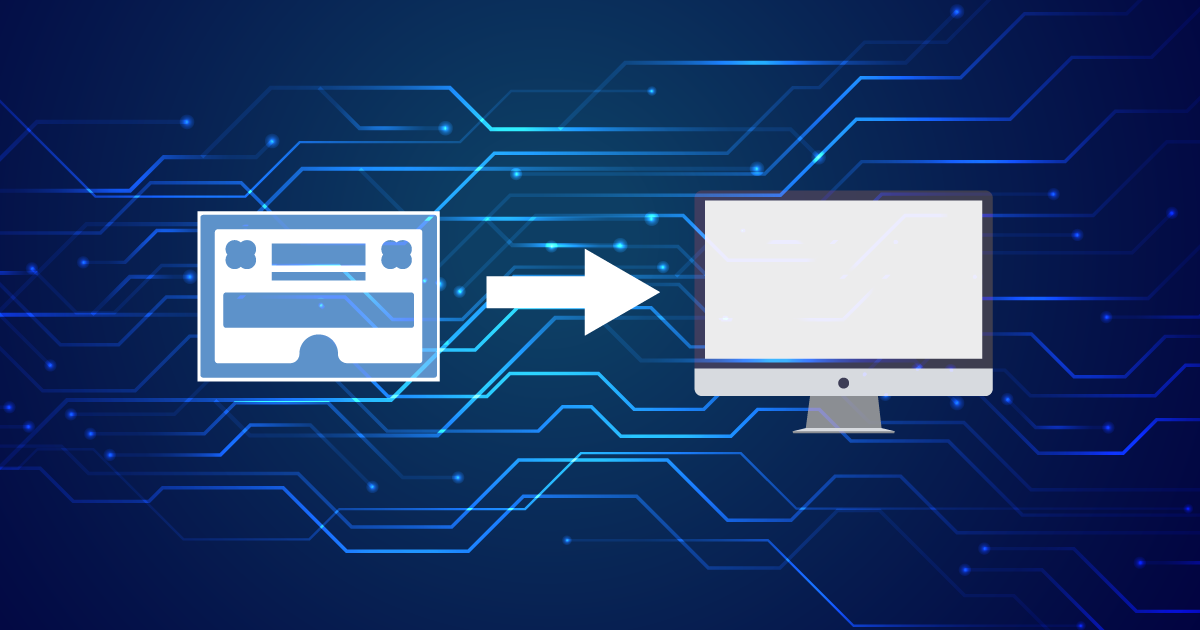
By Vanessa Malone
We live in an increasingly digitized world and technology is making everything more simple, transparent, and efficient on a multitude of levels. It only makes sense that advanced technology would come around to evolve today’s capital markets and solve for inefficiencies.
While digital securities are still securities, as the SEC may have hinted at once or twice, their ability to streamline, modernize and digitize the investment process is pretty incredible.
First, what are digital securities?
Digital securities, also known as security tokens, are digital representations of ownership interests in an underlying asset or company. If you’d like to learn about the series of events which led to the emergence of digital securities, from the rise of equity crowdfunding to the fall of the ICO-era, you can skim our previous blog here.
Got it? Excellent, because in today’s blog we want to focus on the many advantages the new age of securities will have over traditional securities. We discovered the following benefits when pairing digital securities issuance with Horizon’s suite of blockchain technology solutions.
The benefits of digital securities over traditional securities
Removing friction
For traditional securities issuance, the biggest obstacle is the time, money, and energy put into a mostly manual and paper-based system. It’s a slow and cumbersome process.
A big misconception when it comes to conducting digital securities offerings is that it alters the actual process for issuing securities. This isn’t true. Digital securities are still securities which means issuers must go through the same process required in a traditional securities offering. This includes working with legal counsel and other intermediaries to prepare all the legal documents and collect necessary information from investors. What digital securities paired with blockchain technology does do is remove friction and dramatically speed up the process.
For example issuing digital securities using Horizon’s Ethereum-based KYC smartphone app digitizes the entire investor onboarding and data collection process. We’ve integrated everything from in-app wallet creation to a US Broker-Dealer Subscription Booklet to investor accreditation, all of which further streamline the investment process.
Transparency
With public blockchain technology, the investment process becomes much more transparent. All transaction records from the onboarding process through the transfer of securities can be stored on the blockchain, in Horizon’s case we use the Ethereum public blockchain. These public records protect both the investor and issuer. For investors, they can be assured their data wasn’t tampered with at different stages of the offering. For issuers, shareholder management and immutable transaction reporting is available for internal checks or any regulatory oversight that may happen.
Distributions & payments
Right now, for a traditional security, if a company needs to issue a dividend, they go through transfer agents, who would typically mail a check to investors. The process is slow and inefficient. Using blockchain technology, our CustodyWare solution enables the transfer agent to issue dividends to shareholders instantaneously with the click of a button.
Increased liquidity potential
Digital securities issued on the blockchain also adds greater potential for liquidity as investors are able to trade globally, 24/7, with T+0 settlements through a much more efficient and transparent process.
There is also greater liquidity potential in private placements. After the typical one-year lockup, shares that have historically been illiquid or had 5–10-year lock-up periods can be freely traded among verified investors while adhering to traditional private securities laws.
Cap table/ shareholder management
Putting securities on the blockchain allows for accurate management of shareholder lists. Not only is ownership recorded in real-time, but all transaction records from investor onboarding, KYC/AML checks, and secondary trades are timestamped, and tamper-proof on the blockchain.
This is a much-needed upgrade. Did you know in 2012, trillions of dollars’ worth of paper stocks and securities were damaged due to Hurricane Sandy? Then in 2013, Dole Foods reportedly believed they had over 36 million shares, when the actual number was more than 49 million. These inaccuracies become a thing of the past when the blockchain is involved.
Greater Compliance
Despite uncertainty when it comes to how digital securities should be regulated, the ability to maintain compliance becomes strengthened by the blockchain and the use of smart contracts.
Lockup periods, investor count, and other rules and regulations can be embedded in or alongside digital securities, allowing them to follow, enforce, and adapt to various jurisdictions.
Conclusion
These examples only scratch the surface of what digital securities offer. It’s no longer a question of if blockchain technology will evolve today’s capital markets, rather a question of when.
This is why our goal at Horizon has been to fuel this transition by optimizing digital securities issuance through secondary trading with blockchain technology that makes the entire process as seamless and user-friendly as possible for both issuers and investors.
You can learn more about Horizon here. Connect with us here and on twitter @horizonglobex.

